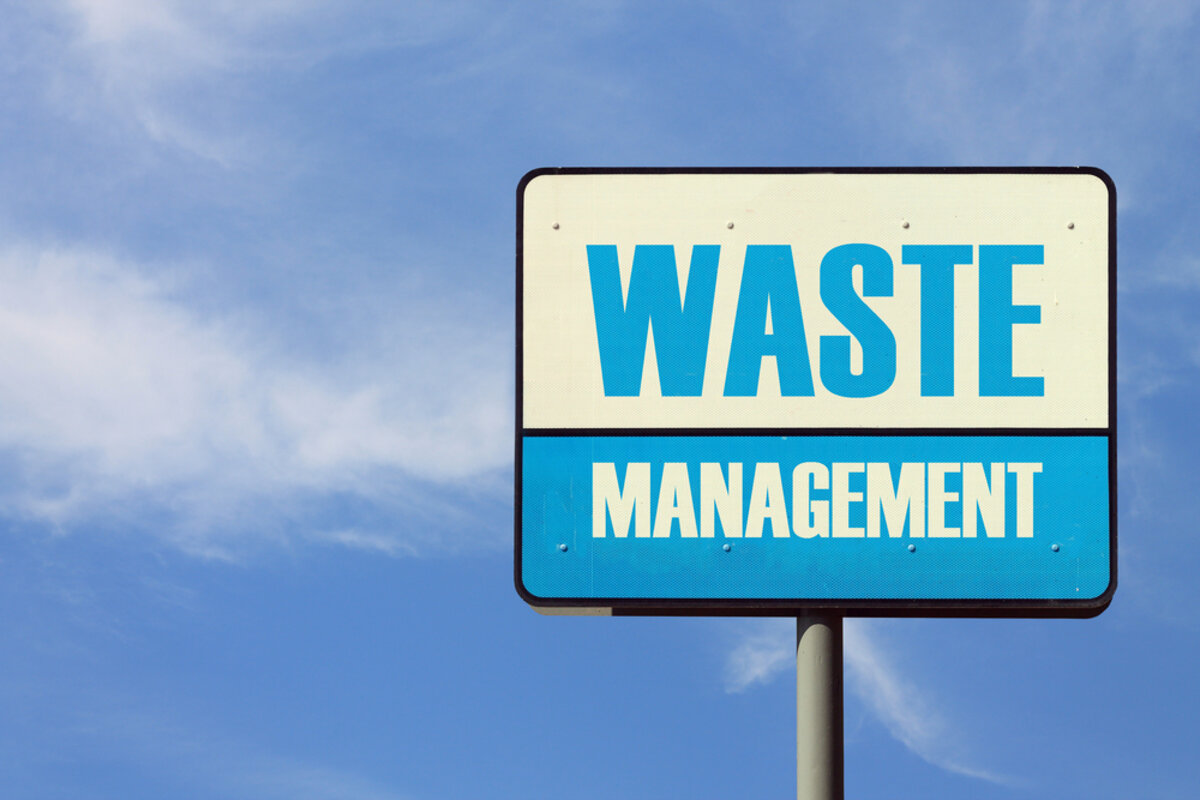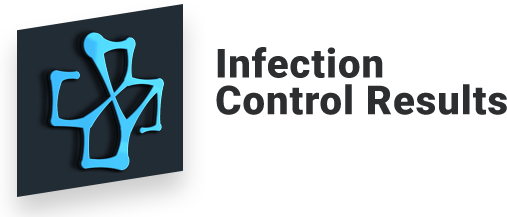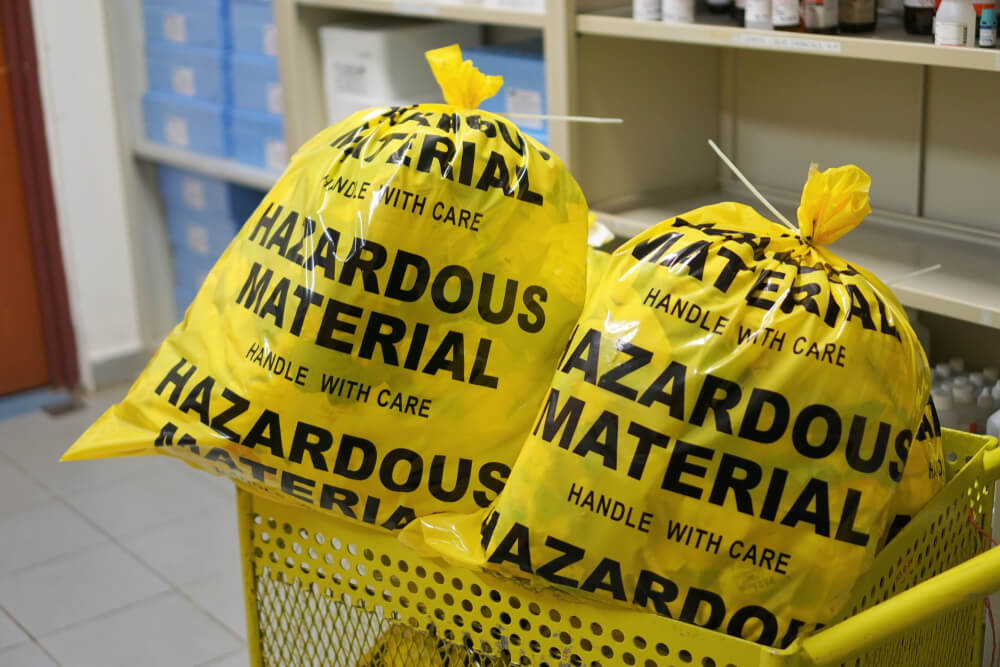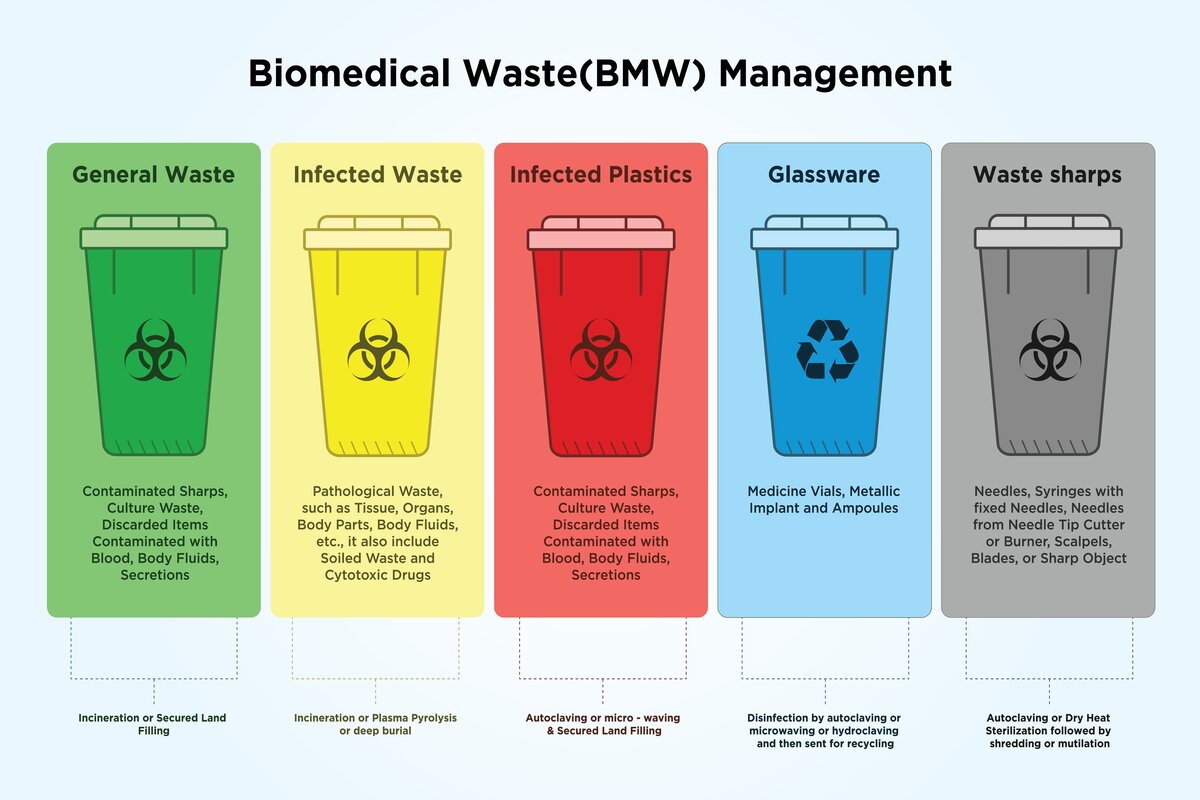
12 Feb Waste Handling and Disposal in ASCs Compliance and Safety Measures
In the ever-evolving healthcare industry, one constant remains: the absolute necessity for effective waste handling and disposal. This is particularly crucial in ambulatory surgery centers, where the risk of healthcare-associated infections (HAIs) can be significant. At Infection Control Results, we understand the gravity of this issue and are committed to helping ASCs implement robust and compliant waste management protocols.
Let’s delve into the critical aspects of waste handling and disposal in ASCs, highlighting the importance of compliance and safety measures. We’ll explore strategies that can help reduce the risk of HAIs, ultimately ensuring the health and safety of both your patients and staff.
The Significance of Compliance in Waste Management
Compliance in waste management is not just about adhering to regulations—it’s about safeguarding the health and wellbeing of patients, healthcare workers, and the broader community. In ambulatory surgery centers (ASCs) and other healthcare facilities, improper handling and disposal of waste can lead to serious consequences, including increased risk of healthcare-associated infections, environmental contamination, and hefty regulatory fines.
In the U.S., healthcare facilities are guided by strict regulations set out by federal agencies such as the Environmental Protection Agency (EPA), the Occupational Safety and Health Administration (OSHA), and state-specific regulations. These standards are designed to ensure that waste is handled, stored, transported, treated, and disposed of safely and responsibly.
Types of Waste Generated in ASCs
Navigating the diverse types of waste generated in ambulatory surgery centers can be a complex task. Each category – from solid waste to regulated medical waste – requires specific handling and disposal procedures to ensure safety, environmental responsibility, and regulatory compliance. Let’s delve into these categories to better understand their implications in an ASC setting:
- Solid waste: This is the general, non-regulated trash found in any institutional setting. It includes items like paper, food waste, and other non-hazardous materials.
- Hazardous waste: Hazardous waste constitutes materials that could pose a risk to human health or the environment. This category often includes cleaning chemicals, sterilization agents, pharmaceutical waste, and certain types of discarded medical equipment.
- Regulated medical waste (RMW): RMW is a significant category of waste in ASCs. It includes microbiological waste, sharps (needles or scalpel blades), isolation wastes (from patients with highly communicable diseases as indicated by your state), and animal waste. These types of waste require special handling and disposal methods due to their potential to cause infection.
- Laboratory waste: ASCs with labs generate laboratory waste, which must be appropriately disposed of according to specific protocols. This can include used test tubes, petri dishes, gloves, and other lab materials.
- Miscellaneous waste: This category includes waste that doesn’t fit into the other categories but still requires proper disposal. Examples might include, used printer cartridges or other items specific to the operations of an ASC.
Proper management of these waste types is crucial for maintaining a safe environment in ASCs and ensuring compliance with various state and federal regulations. Proper waste handling and disposal can help protect patients, staff, and the broader community from potential hazards.
How Infection Control Results Can Help
Our services start with a thorough assessment of your current waste management practices. We identify areas of strength and areas that need improvement, providing clear, actionable recommendations to enhance safety and compliance. Our team is well-versed in federal and state regulations, ensuring that your facility is not only safe but also compliant with all relevant laws and guidelines.
Infection Control Results also offers ongoing support and education for your staff. We understand that effective waste management in an ASC is not a one-time task, but an ongoing responsibility. Therefore, we provide training on proper waste segregation, handling, and disposal practices, empowering your team to maintain a safe and compliant environment.
Understanding Waste Handling and Disposal in ASCs Compliance
With expert guidance from Infection Control Results, ASCs can navigate these complexities with confidence. We provide tailored solutions, ongoing support, and education to ensure your facility is safe, compliant, and prepared for the ongoing task of effective waste management. Contact Infection Control Results today to learn more about our on-site assessments.


